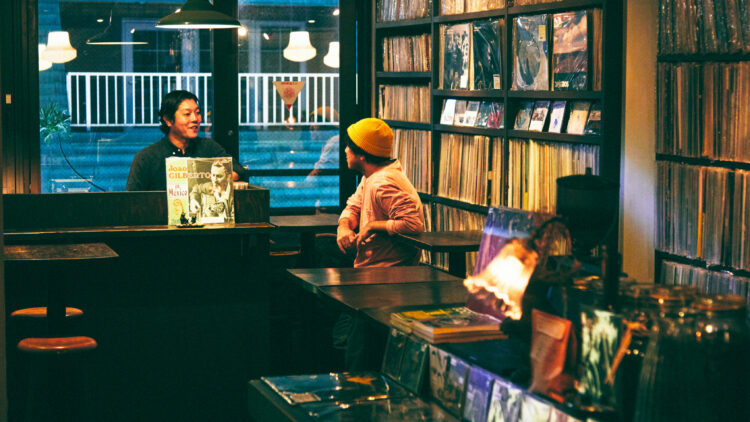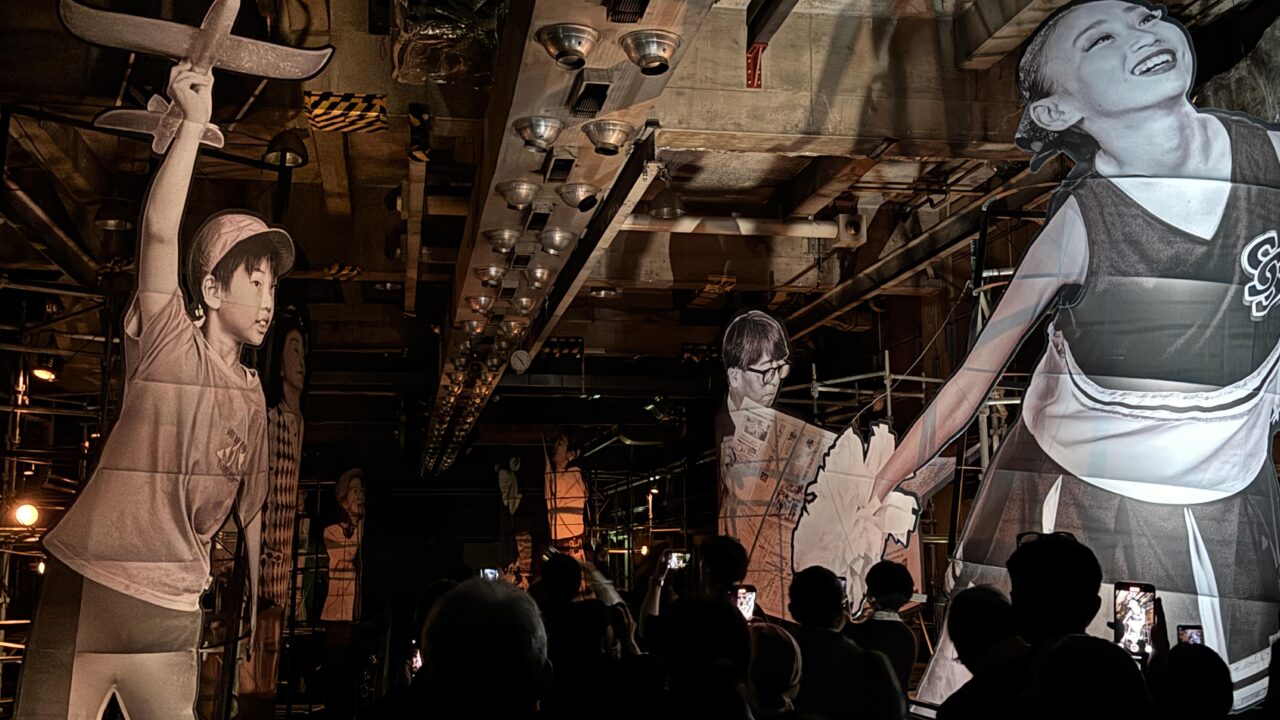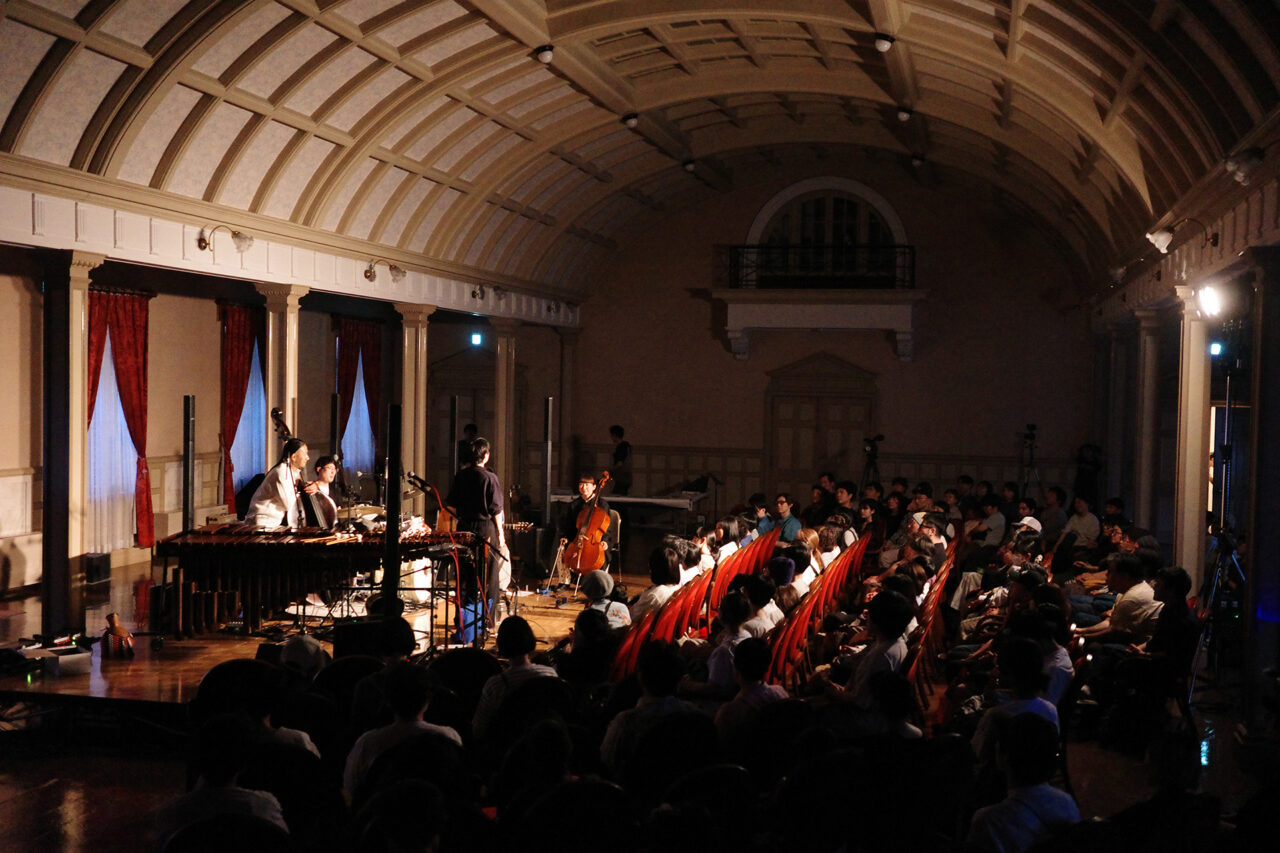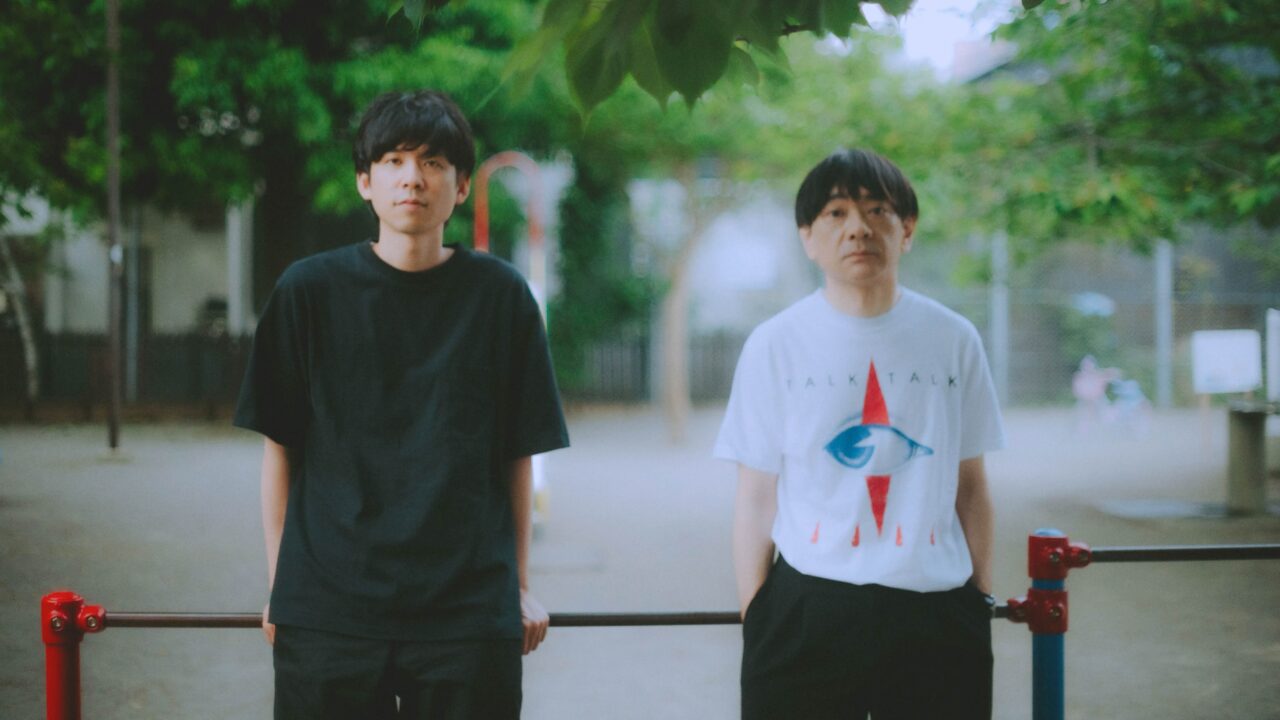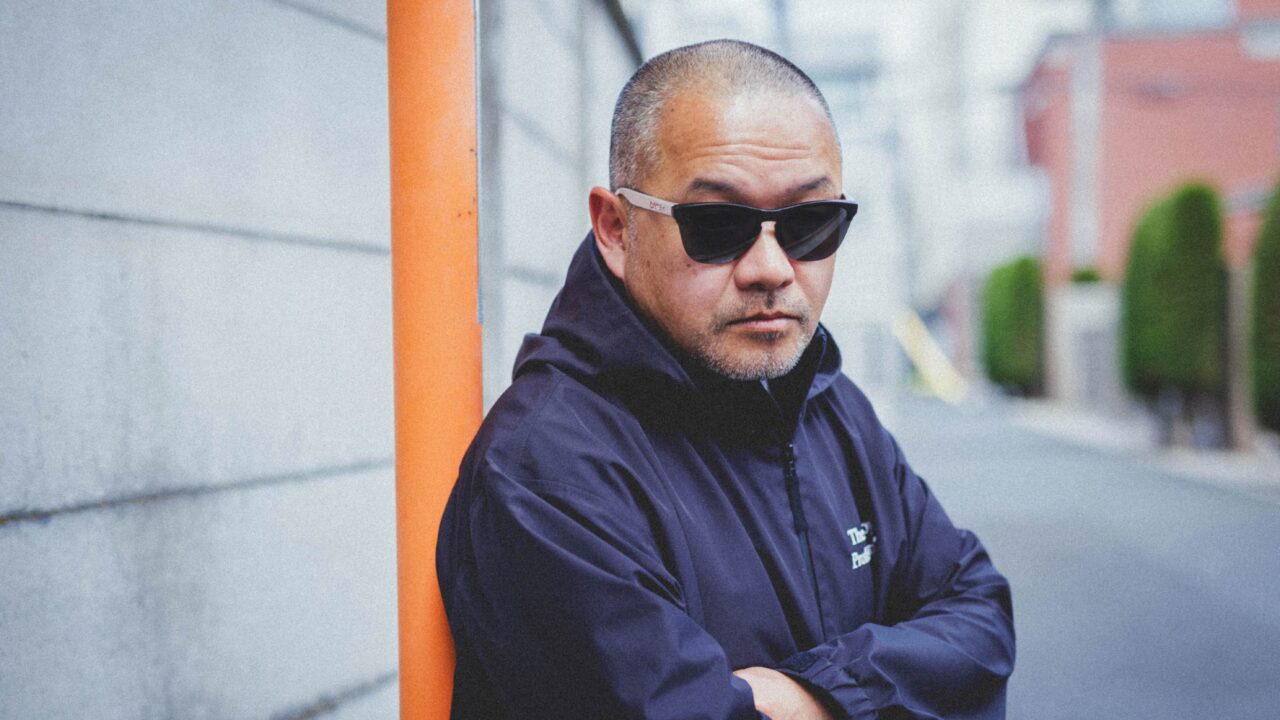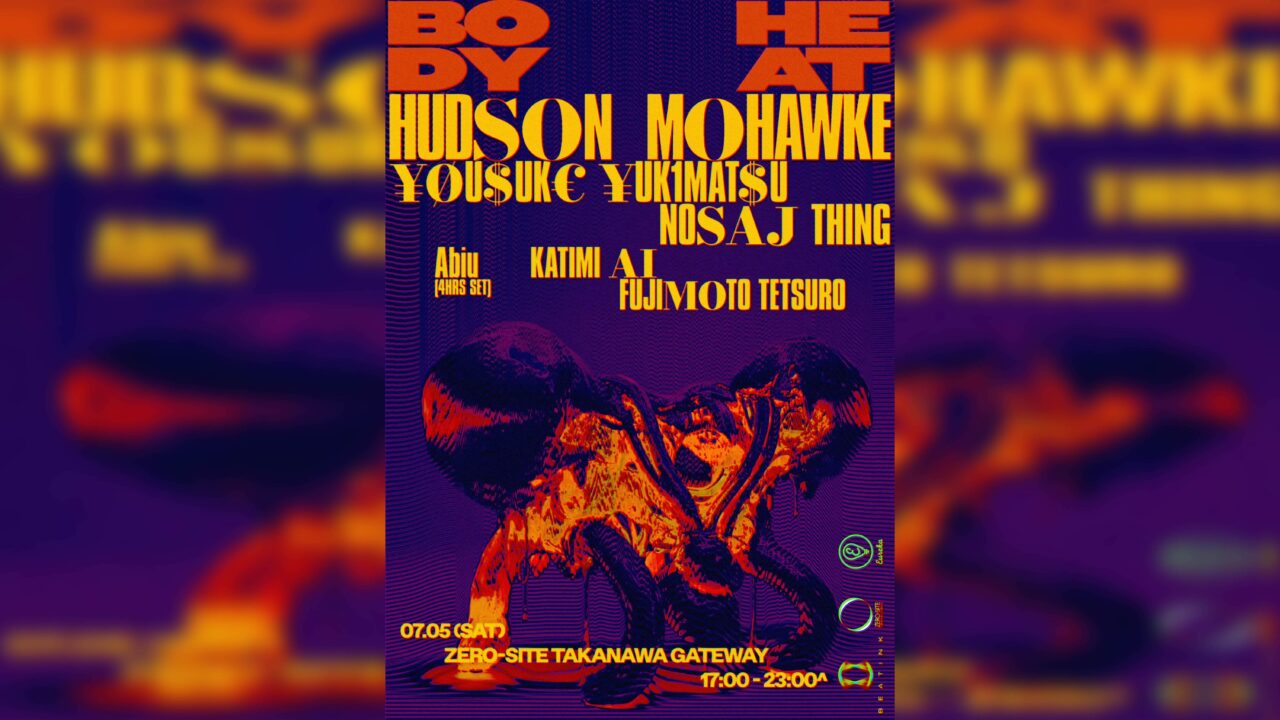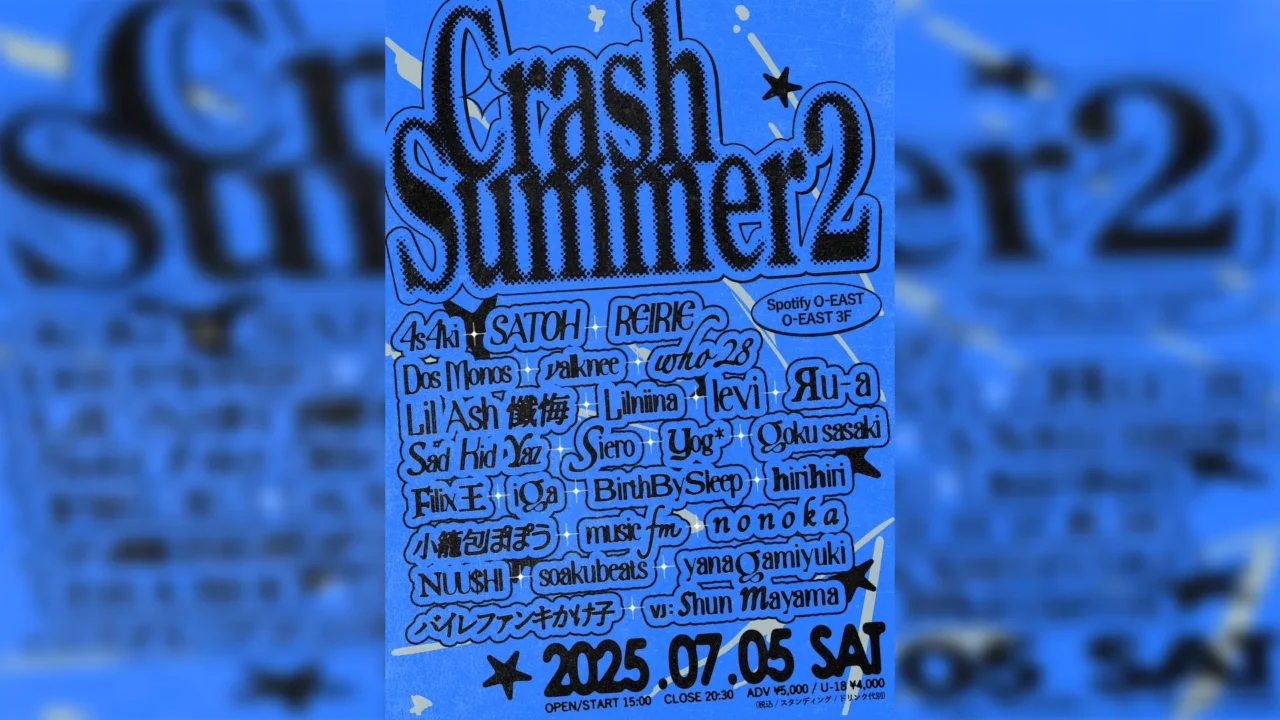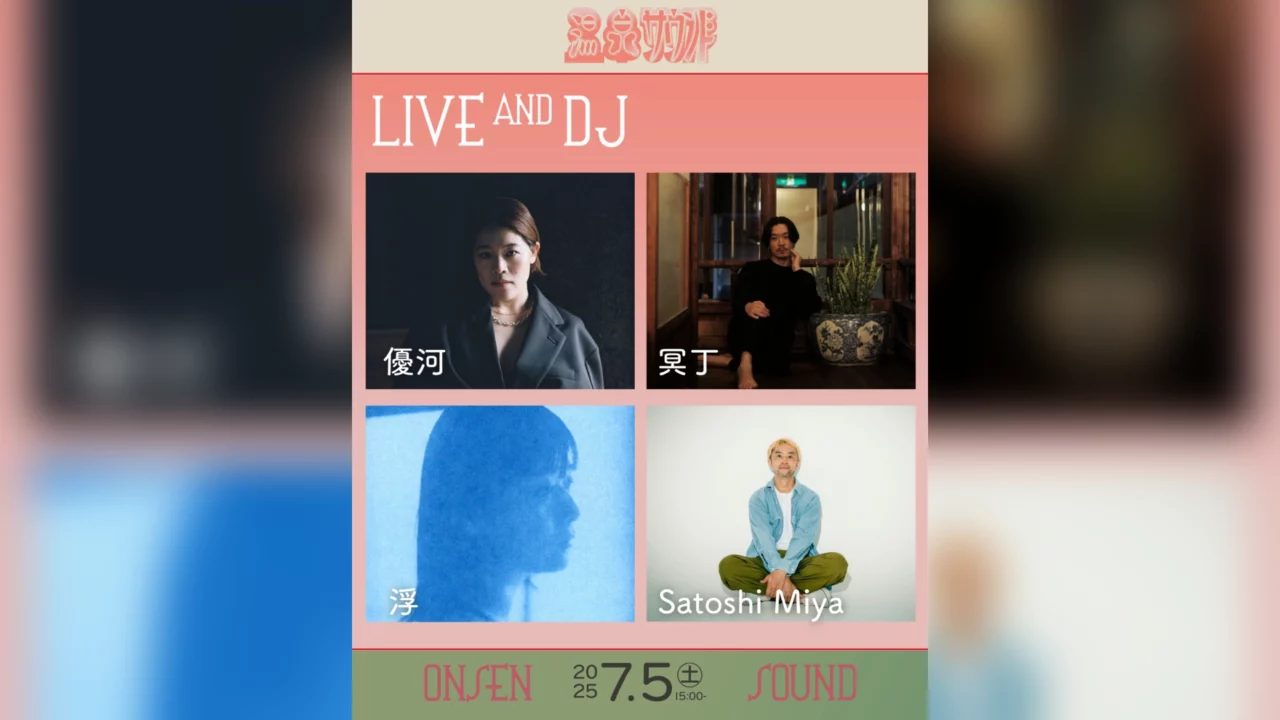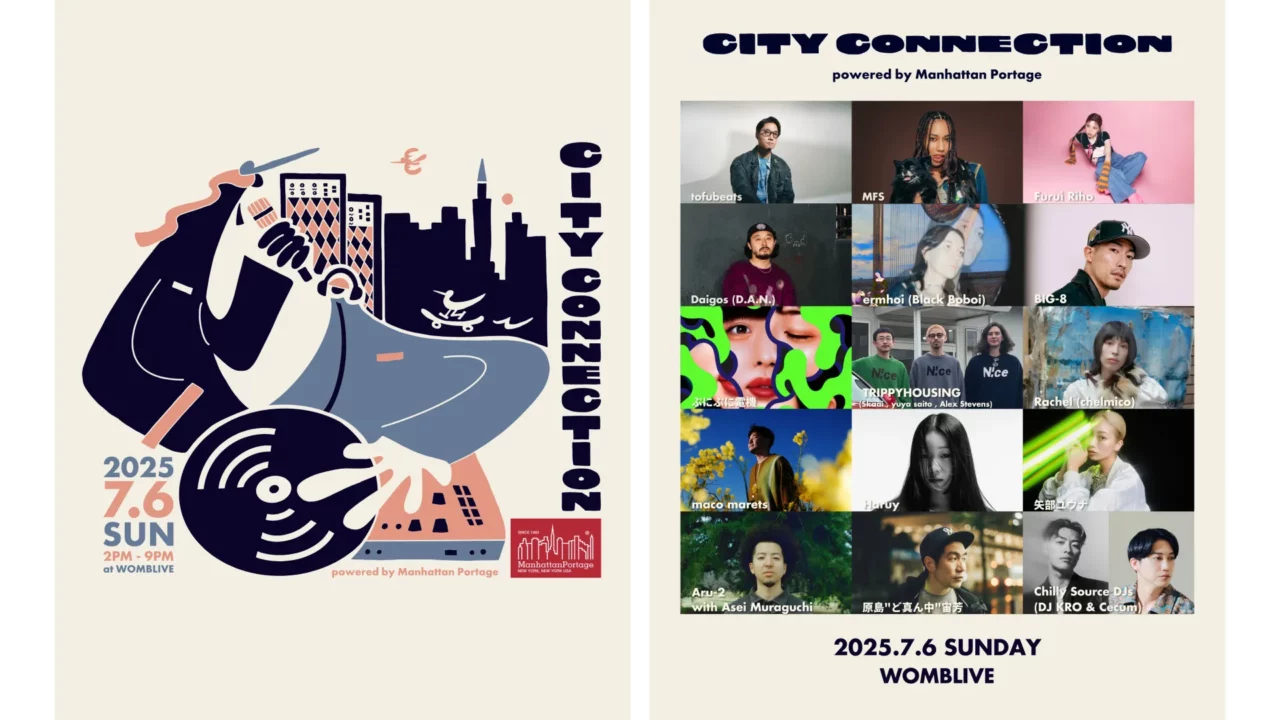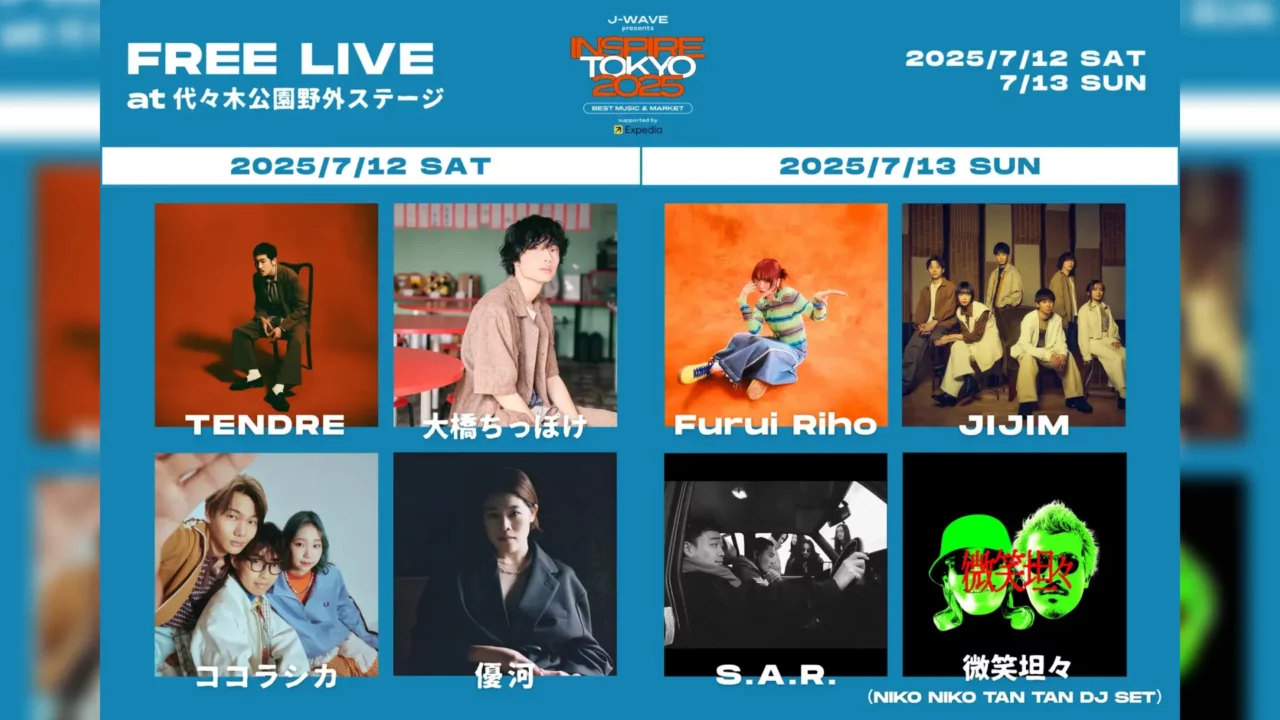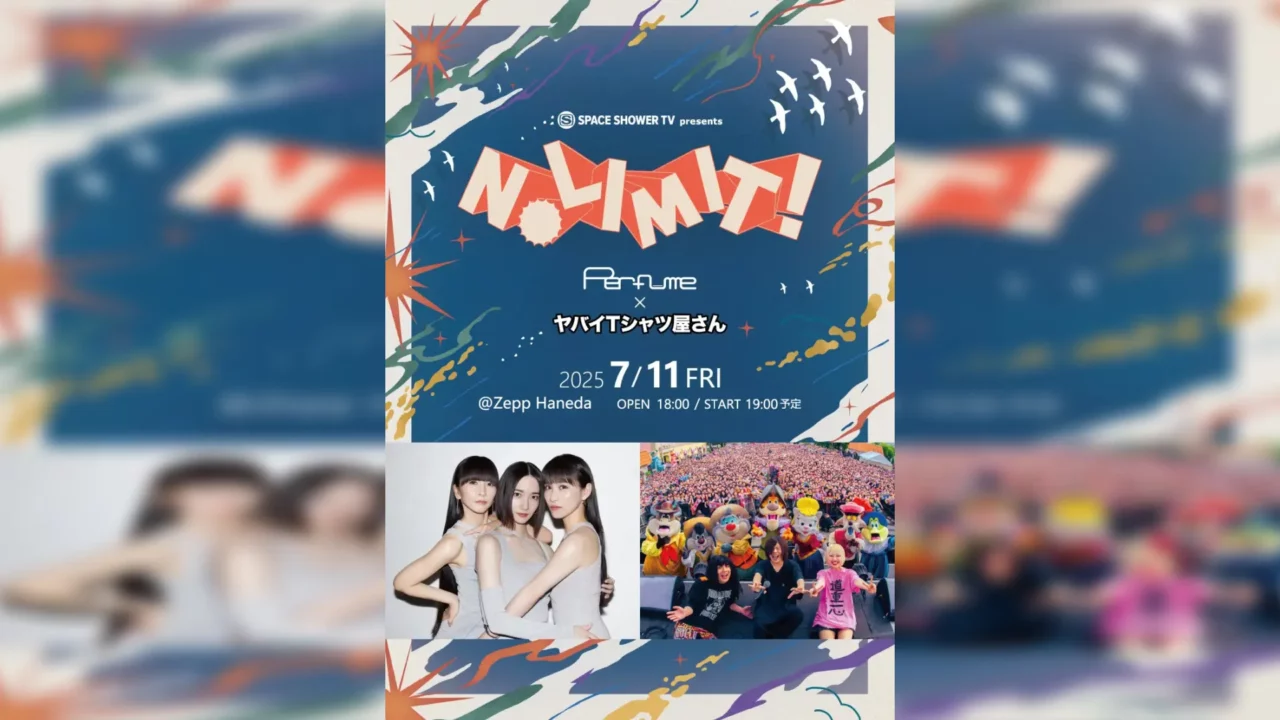Bar Music was established in 2010 by Tomoaki Nakamura, the former manager of Café Après-midi, a key figure in the café boom of the 2000s, and renowned for a highly successful compilation CD series featuring background music.
Music critic Mitsutaka Yagira highlights Bar Music as a trailblazer in the contemporary genre-less listening/music bar scene. Nakamura’s influential music curation and venue design have left a lasting impact on numerous other bars.
Accompanied by Yagira, we explore one of Tokyo’s prominent “new old establishments.” This marks the fifth installment in the series, “Places to Meet Good Music.”
INDEX
Documented in a publication, the image of the owner, Tomoaki Nakamura
The other day, I came across a small booklet titled “A Landscape with Music” published in 2006. In it was written about Tomoaki Nakamura, the owner of Bar Music, which was later born in Shibuya.
I requested a cup of coffee, prompting the bartender to initiate the brewing process. The nuanced flavor of the freshly roasted coffee, meticulously prepared one cup at a time, communicated silently with just a sip, revealing that the proprietor of this establishment was an essentialist with a truly authentic palate, unwilling to compromise. The bartender, transitioning swiftly from pouring coffee, hastened to the adjacent DJ booth. With practiced precision, he selected a record from the wall, placed it on the turntable, and seamlessly connected it to one ear while holding a pair of headphones to the other. Subtly dimming the store’s brightness, he delicately adjusted the lighting controls. This process unfolded quietly and inconspicuously, escaping the notice of onlookers. Observing his meticulous work, I found myself captivated and could watch him with such care for an extended period without losing interest.
This text may sound like it is written about Bar Music, but it was written by Takushi Nomura, producer of the cable broadcasting program “usen for Café Après-midi,” about his impression of Café Après-midi when he visited there for the first time in the fall of 2000. This bartender was Mr. Nakamura at that time.

INDEX
A Legacy Uninterrupted: Notable Establishments and Their Pivotal Role in “Japanese BGM“
In 1999, DJ and music selector Toru Hashimoto quietly built Café Après-midi on the 5th floor of a building* on Shibuya Park Avenue, and it was one of Tokyo’s most prominent cultural spots in the 2000s. After the “Free Soul” series of compilation CDs of danceable party music, Mr. Hashimoto created his own café and had great success with the “Café Après-midi” series, which presented a selection of music that was more in tune with the atmosphere of the café and more in tune with everyday life. The music selections created a template for “café music,” and since 2001, in the form of “usen for Café Après-midi” for cable broadcasting, the music has been used as background music in restaurants and commercial facilities throughout Japan. The activities of Mr. Hashimoto based at Café Après-midi went far beyond “music selection” and had a major impact on “background music in Japan” in the years to come. Mr. Nakamura, the current owner of Bar Music, was the leader and manager of Café Après-midi from the time of its opening, and actually stood in the store and selected records for the customers.
He is now at a new location on the Fire Street.

In the book “Music no iru fukei (Landscape with Music),” there is a text contributed by Mr. Nakamura titled “BGM Selection with Apremidi’s Characteristics. In the text, Mr. Nakamura describes various episodes in his typically understated style, such as how Mr. Hashimoto approached Mr. Nakamura when he launched Café Après-midi, and how the atmosphere of the room where he was living alone as a student at the time was one of the inspirations for his decision.

There is a reason why I have written such a long preface. In my mind, Café Après-midi when it was located on Park Avenue was Toru Hashimoto and Tomoaki Nakamura, and I always had the impression that Bar Music was a place where the Nakamura aspect of Café Après-midi was extracted. So I asked him, “Is there any difference in the music selection between Café Après-midi and Bar Music?” Nakamura answered, “We have changed from a café to a bar, but what we have always done is the same,” and then he showed me a copy of his book, “A Landscape with Music,” to which I had contributed an essay about an episode at Café Après-midi.

INDEX
The Consistent Choice of Music Creates an Enduring Sense of Comfort
My impression of Bar Music has never changed. From the beginning, it has always had the same relaxed atmosphere as it does now, as if it had been there for a long time. The music selection has not changed either; Bar Music has always had a “Bar Music-like atmosphere” and the comfort that the music creates has never wavered no matter when I visit. Because of this consistency, there are many customers who have been coming to his place since the days when Nakamura-san was working at Café Après-midi.

When I wander in, I find the same records I have heard here before. For example, João Gilberto’s “En Mexico” and Pharaoh Sanders’ “Pharoah” are records that I have heard many times at Bar Music. The presence of these classic records sets the mood and temperature of the bar. Of course, there are new releases as well, and the collection is constantly being updated. When you are at Bar Music, even newly released records often sound as if they have been played in the store for a long time. Even though the records are played with a proper “now” feel, the atmosphere here is always the same as it always is at Bar Music, no matter when you stop by.

INDEX
A Locale Resembling the Archetype of a Music Bar
Over the past 24 years, Nakamura has influenced cafes and music bars all over Japan, including his 13 years at Bar Music and his time as a staff member at Café Après-midi. It is neither as lively as a club nor as quiet as a bar. It is not a genre or a time period. He carefully connects one side of each record to the other while creating a DJ-like flow, selecting records from various genres and regions to match the atmosphere of the bar and its guests at any given time. This way of creating and balancing in-store music is now referenced throughout Japan.

I see Bar Music as a prototype for Japanese music bars in the 21st century, a place that has refined and specialized what was once done at Café Après-midi during nighttime hours. Simultaneously, it showcases Nakamura-san’s distinctive music selection. When friends from overseas express a desire to visit a bar with records playing, I introduce them to Bar Music with the same sentiment as taking them to renowned soba or unagi restaurants, saying, “This is Tokyo.” For me, Bar Music embodies the essence of Tokyo’s “new classics.”

I like “MUSICAÄNOSSA Oregon,” a compilation CD released in 2001, and I still listen to it with great care. It is a compilation of songs selected 22 years ago, but it is not old at all, but already has the feel of bar music. The unwavering nature of Tomoaki Nakamura’s music is clearly recorded here.

Bar Music’s Top Five

Slawek Jaskulke “Musicaänossa Slawek Jaskulke”
James Blake “Covers”
Jaubi “The Deconstructed Ego”
Duval Timothy “Meeting with a Judas Tree”
Bibio “Ribbons”
Information
Bar Music
Address: 1-6-7-5F Dogenzaka, Shibuya-ku, Tokyo
Business hours: 18:00 – midnight
Closed: Unscheduled holidays
http://barmusic-coffee.blogspot.com



